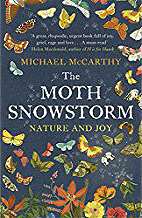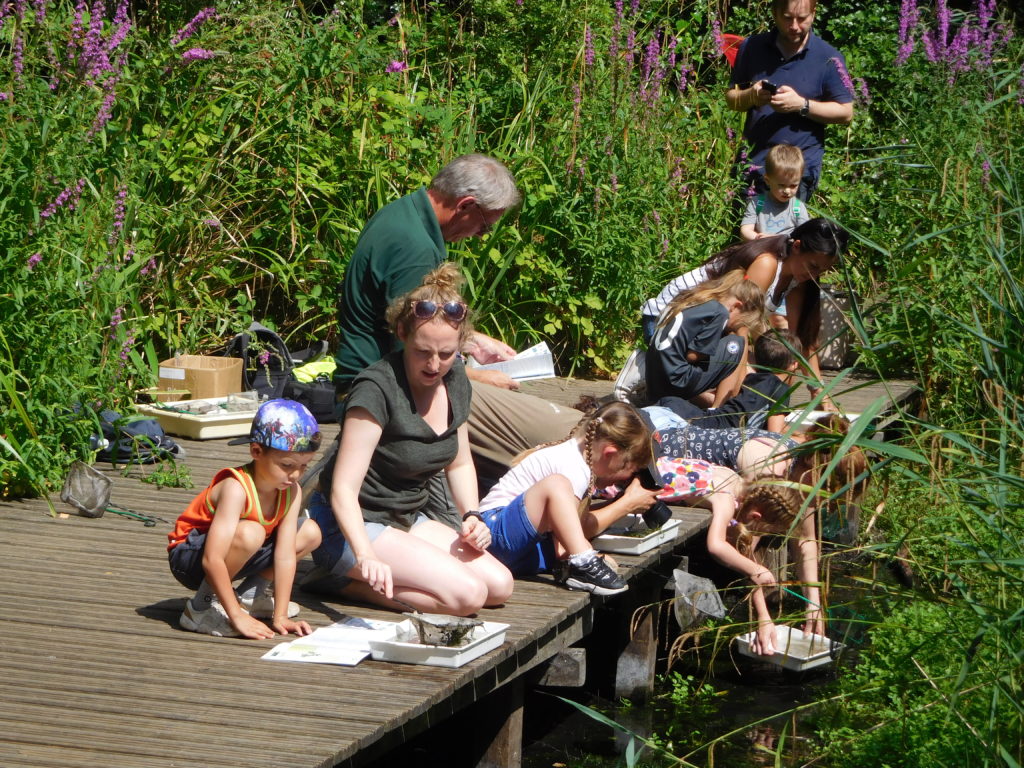
This is a powerful book, one of the few on nature that can simply be called great. Perhaps Rachel Carson’s 1962 Silent Spring was the last one.
McCarthy states that nature is under deadly threat from humanity. We build roads, dams, sea walls, houses, factories; habitat is destroyed. We drive cars, fly in planes, live in houses made of brick or concrete; oil is burnt, releasing carbon dioxide, causing global warming. The extra heat warms the oceans, making sea level rise. The carbon dioxide makes the oceans acidic, threatening species-rich coral reefs. We buy food containing palm oil: the palm plantations march across the tropics, replacing species-rich rainforest. We eat hamburgers. Cattle grazing spreads across the world, replacing more rainforest; methane from cow stomachs joins the atmosphere, accelerating global warming. Every habitat is under attack. A 6th extinction, to rival or exceed the great extinctions like the Cretaceous-Tertiary which destroyed the dinosaurs, is under way already.
McCarthy tells what this means in his own experience, his own country, England. When he was a boy, Buddleia bushes in the suburbs were covered in butterflies: now they aren’t. When he was young, car headlights and windscreens were covered in insects; any night drive in the country seemed to be through a blizzard of flying insects, the ‘Moth Snowstorm‘ of his title. Now, if he sees one moth, a single one, on a journey, it is worthy of note. Nature has been thinned out, not quite to extinction in most cases, but the great, joyful abundance is gone, in one lifetime. Half the farmland birds are gone. Common sights like a field of lapwings, a street of house sparrows, a tree full of starlings, are no more.
Nature matters, McCarthy writes, not just for worthy reasons of biodiversity conservation, or even for pragmatic ones like pollination of insect-pollinated crops like beans and apples and cherries by bees tame and wild. Probably, he suggests with grim humour, some scientist is even now hatching a crop plant that won’t need pollination: even honeybees may soon be redundant.
No, he argues, we need nature because our species, Homo sapiens, grew up with it for 50,000 generations. We feel well in nature, on a walk by a river, in the hills, in meadows with flowers and butterflies in the sunshine, on a wild coast whether of cliffs or salt marshes, with thousands of wading birds in great clouds, the wind on our faces. In a word, nature brings joy. Without it, life is sad and grey, missing something vital, whatever the distractions offered by online shopping and instant messaging and all the rest.

Joy, argues McCarthy, is the one thing that can motivate people to fight for nature. Given that it’s threatened, we need a powerful, universal feeling to drive our politics. As the human population rises and pressures mount, as global warming bites on every continent, we will need to fight hard to keep whatever’s left of nature alive. Our survival, the survival of whole ecosystems and millions of species, depends on it. We need, urgently, to teach people to love nature, for which we need reserves, in cities and outside them, where people can experience the joy of nature for themselves; where children (and adults) can walk and run and play and pond-dip and bug-hunt and laugh and see frogs and foxes and butterflies. Then, and only then, can we urge them to fight.
Buy it from Amazon.com (commission paid)
Buy it from Amazon.co.uk (commission paid)
